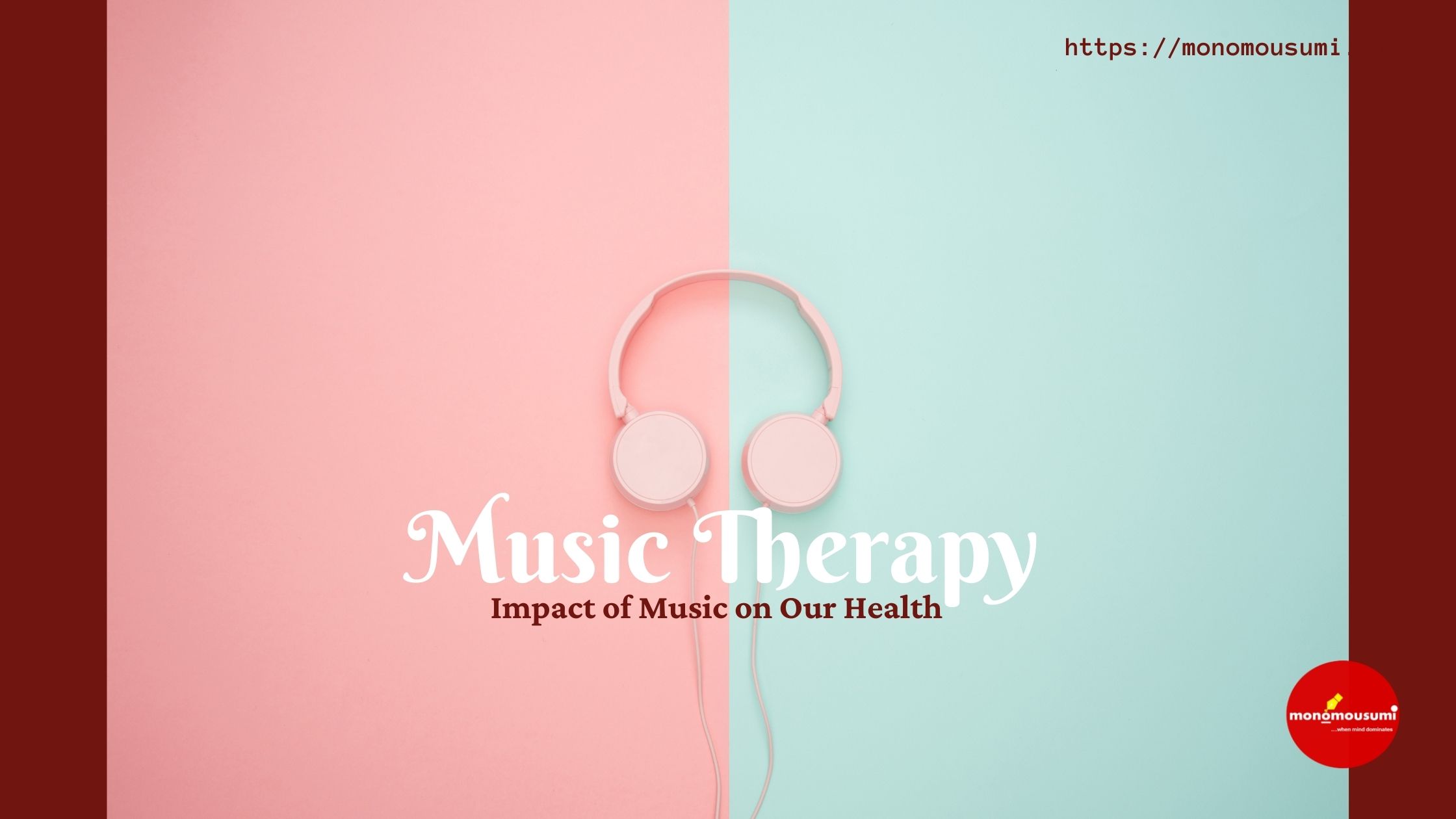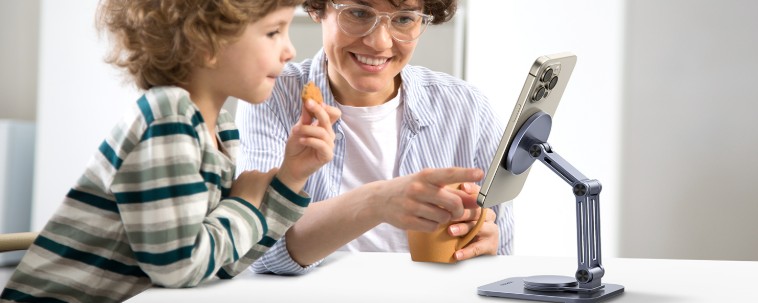
When was the last time you heard music? Probably a second ago. Maybe you heard a flock of birds singing in your garden or perhaps you were humming a tune….any rhythmic melody you hear in your daily life can be termed as music. The sound of the leaves rustling in the trees, water splashing on the banks of the river, sounds produced by the waves of the ocean can all be termed as melodies that tend to calm our minds. We all love music…don’t we?
Why is music so loved by everyone? What is so special? What impact does it make on our minds? You might be pondering these questions by now.
Music is not only for entertainment and fun but it also has some astonishing magical powers. It can boost your memory, illuminate your mood, help in dealing with anxieties and depressions, increase self-motivation and self-esteem, improve concentration, coordination and listening skills. Furthermore, it increases the efficiency of our work and can serve as a remedy for curing many diseases!!
The use of music as a remedy for curing diseases has flourished in the medical field that in turn led to the introduction of THE MUSIC THERAPY. During the formative years of the 20th century, many doctors, surgeons and musicians had a conception that music might be an effective treatment and healing aid for a vast variety of diseases. Many agreed upon this notion. So, from then on musicians served as part-time, unpaid workers in the hospitals. However, the increasing demand for music therapists has burgeoned this field of music therapy.
Over the last several decades, music therapy has played a vital role in every dimension of the healing process. Surgeons usually play music in the operation theatre because it decreases the rate of fear and pain that the patient is going through during the surgery. It is also proved to be linked with better surgical outcomes and speedy recovery of the patient.
The diverse range of music therapy is meant to suit all kinds of ailments be it physiological, psychological or neurological. This kind of therapy has also been used for the treatment of cancer!!
Music therapy doesn’t rely on sentences and words, rather it relies on soothing melodies that help in calming oneself during pressure, pain and hypertension. Unlike other therapies, music therapy can also be used on people who find it difficult to communicate verbally or interact socially. This kind of therapy helps the patient to express his/her feelings in a fun and creative way.
Music decreases the number of stress hormones, like adrenaline and cortisol, released during stress and at the same time lowers the heartbeat that regulates the pressure of our body.
There are two types of music therapy: Active and receptive music therapies. Active music therapy encourages the person to create or play a song on his/her own. This technique has proved to treat stuttering problems in patients. It also increases the level of immunoglobulin, which is a Y-shaped protein that is a very critical and crucial part of the immune system, produced in our body.
Whereas, the receptive form of music therapy includes the ability to perceive music or a tune. These include the use of various instruments along with vocals. Some of the healing instruments which are used in music therapy are singing bowls, drums, resonator bells etc.
Indian music provided us with many forms of healing aids that include various ragas, instruments and vocalization. These ragas are hence used in music therapy. You can even perform music therapy on yourself when you have various ailments. Listening to raga BHUPALI will palliate you from high pressure, cold and headache. Raga BHAIRAVI will provide relief from toothache, sinus and cold. Listening to DARBARI KANARA will ease tension and relax our mind. Raga BHAGESWARI will evoke a feeling of calmness and joy. And the sweet touch of raga MISHRA MAND will bring happiness to a tired mind. Give it a try, you will definitely enjoy it!!
Though music therapy cannot replace the medical process, it can certainly lead to better outcomes when used along with surgical treatments.
Music is the language of nature, it has the power that cannot be imagined by mankind….and that’s how it makes the impossible possible!
By Disha Chakravarty


